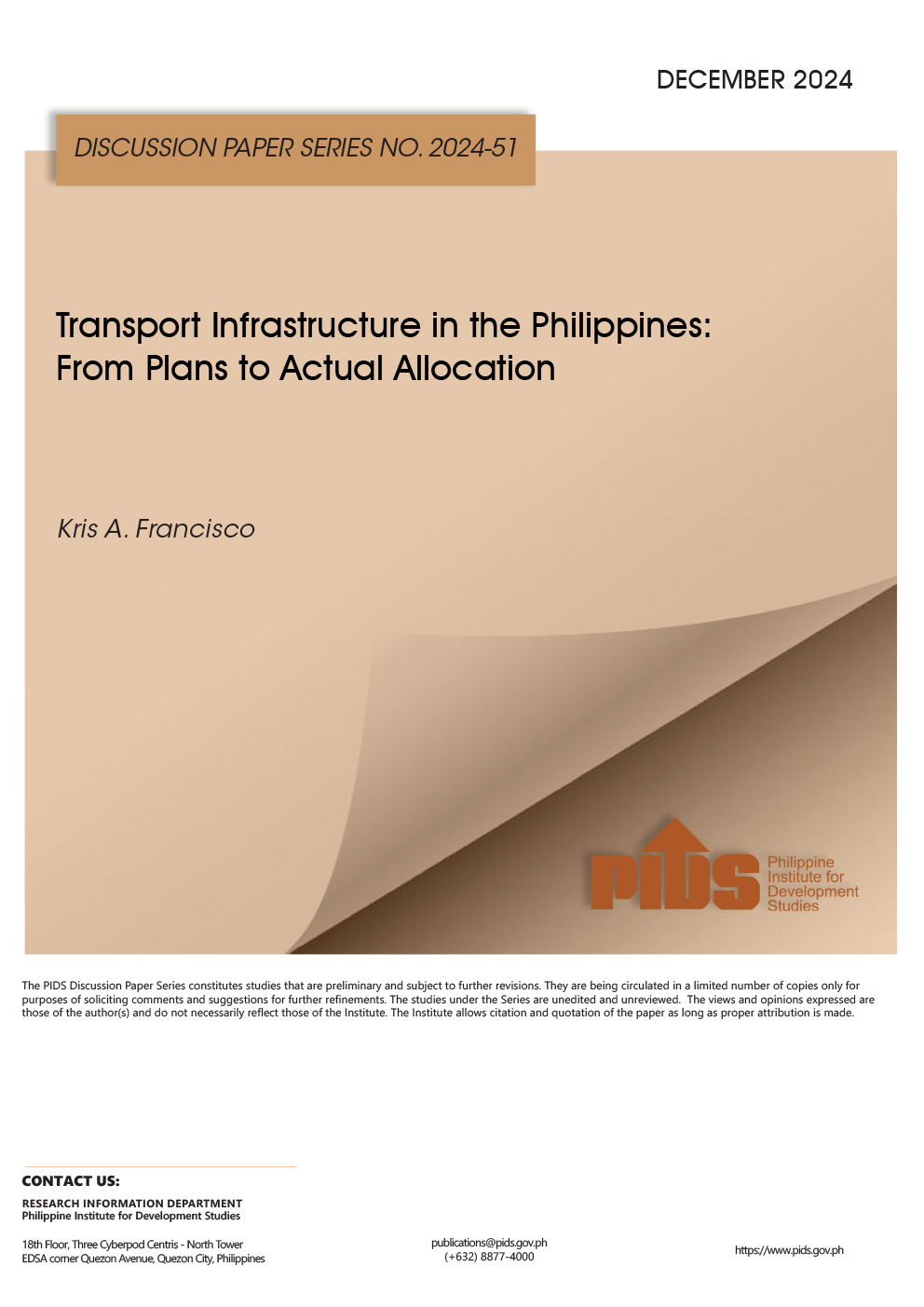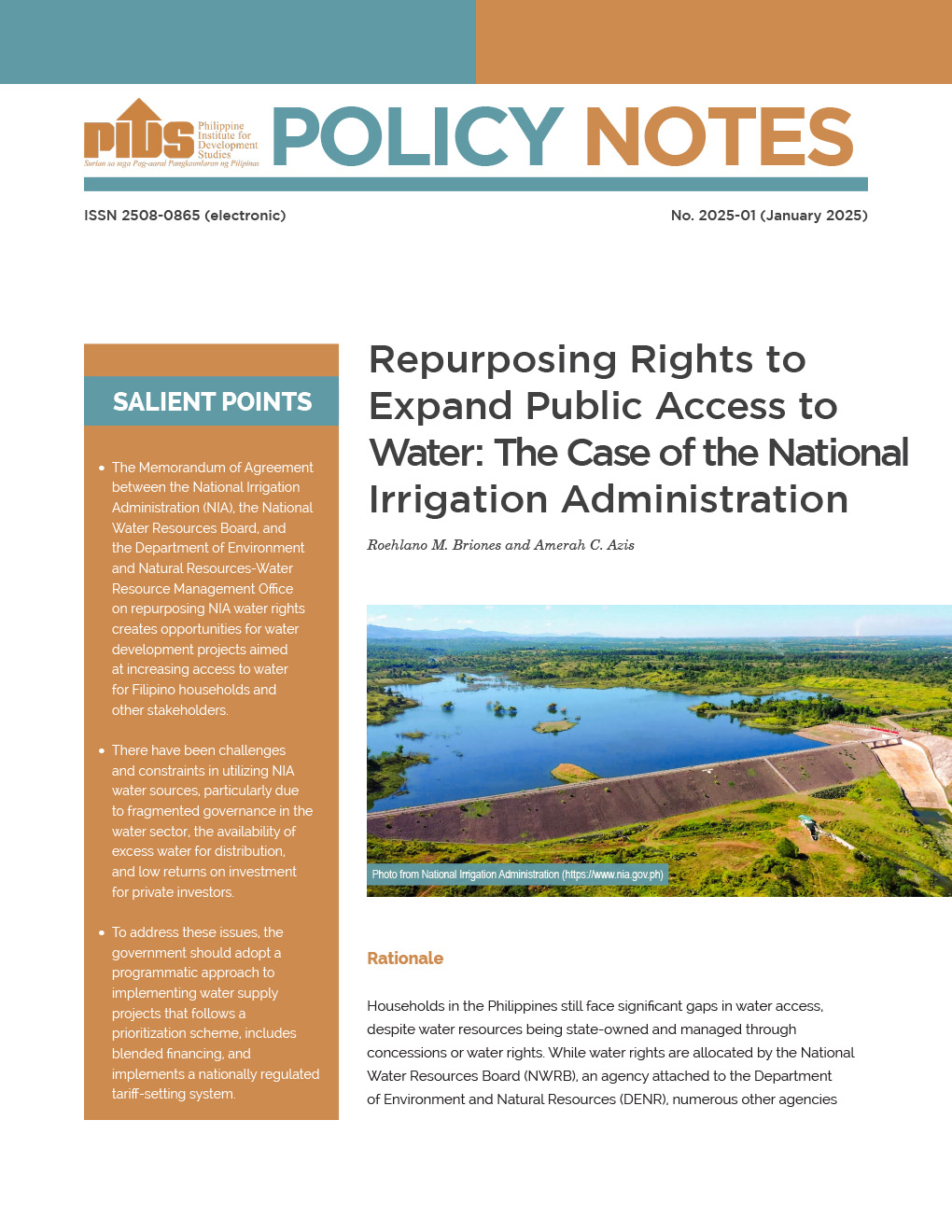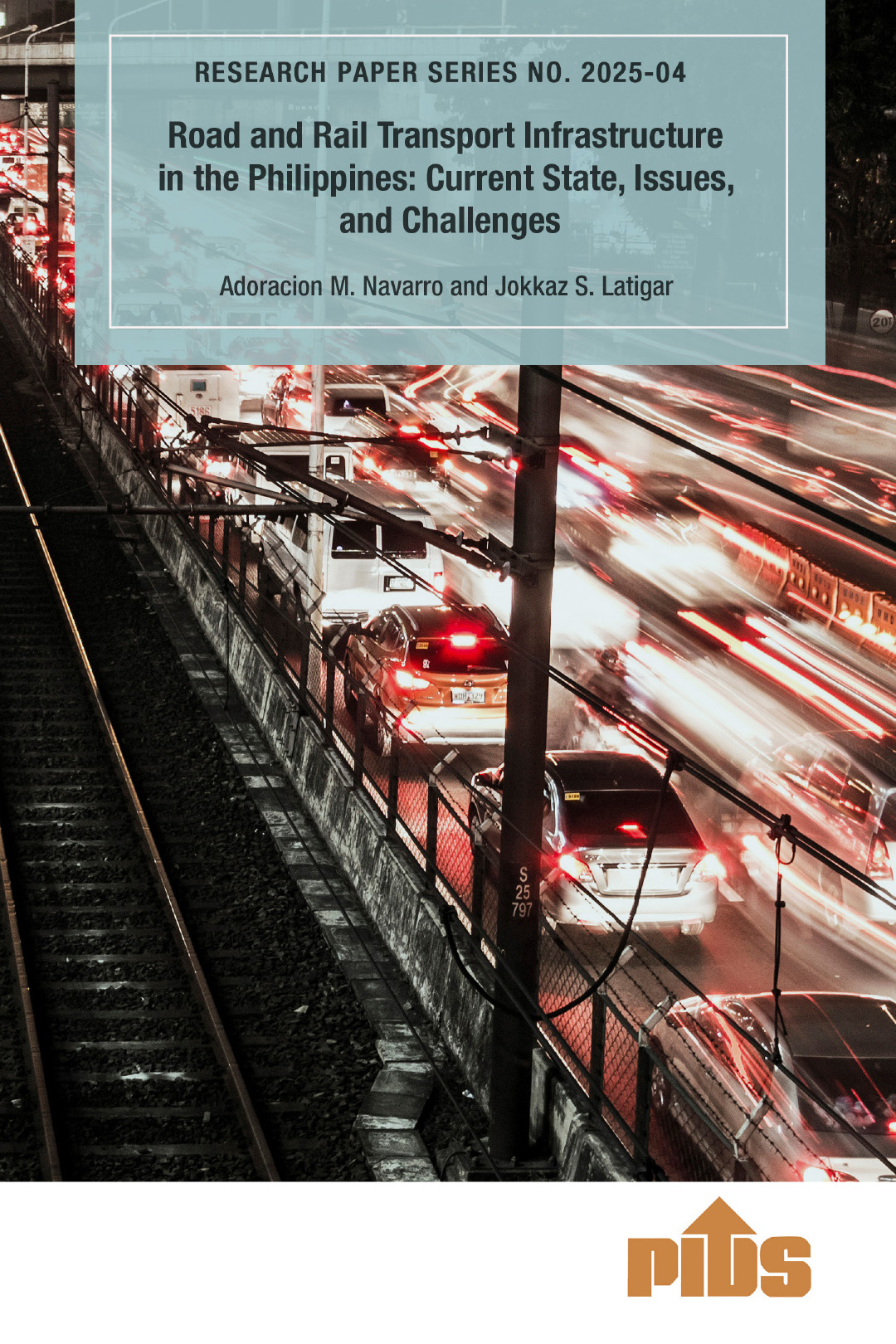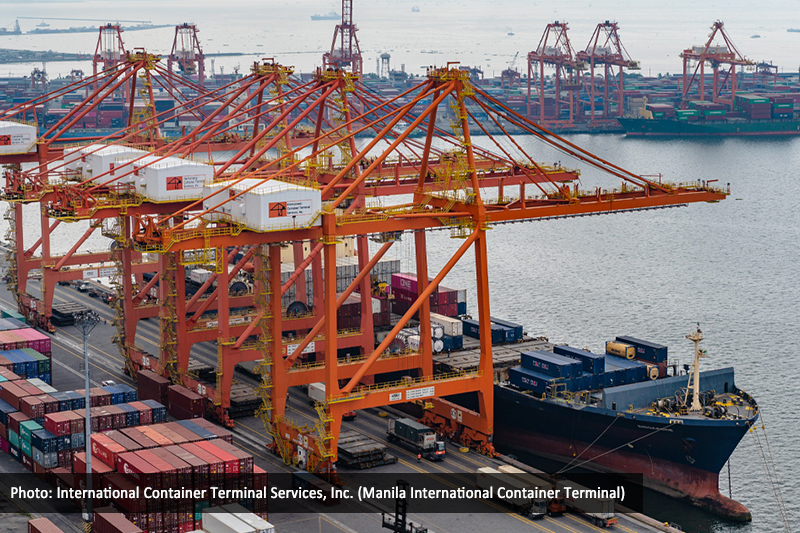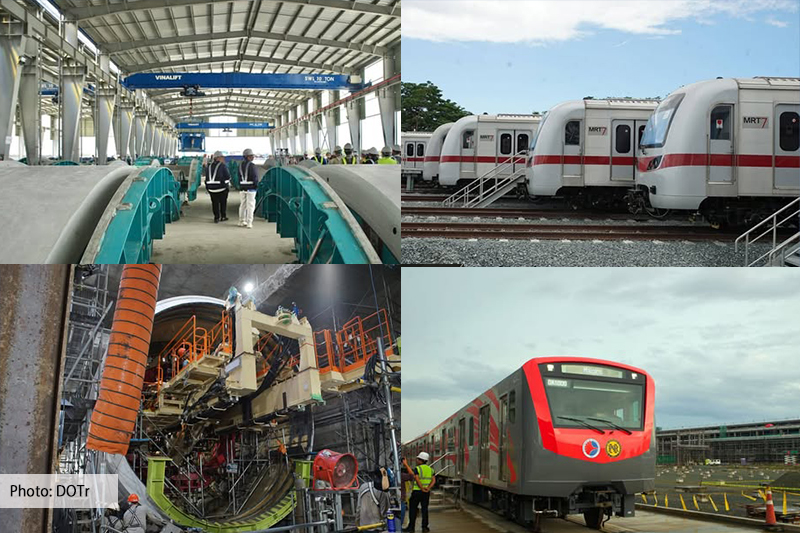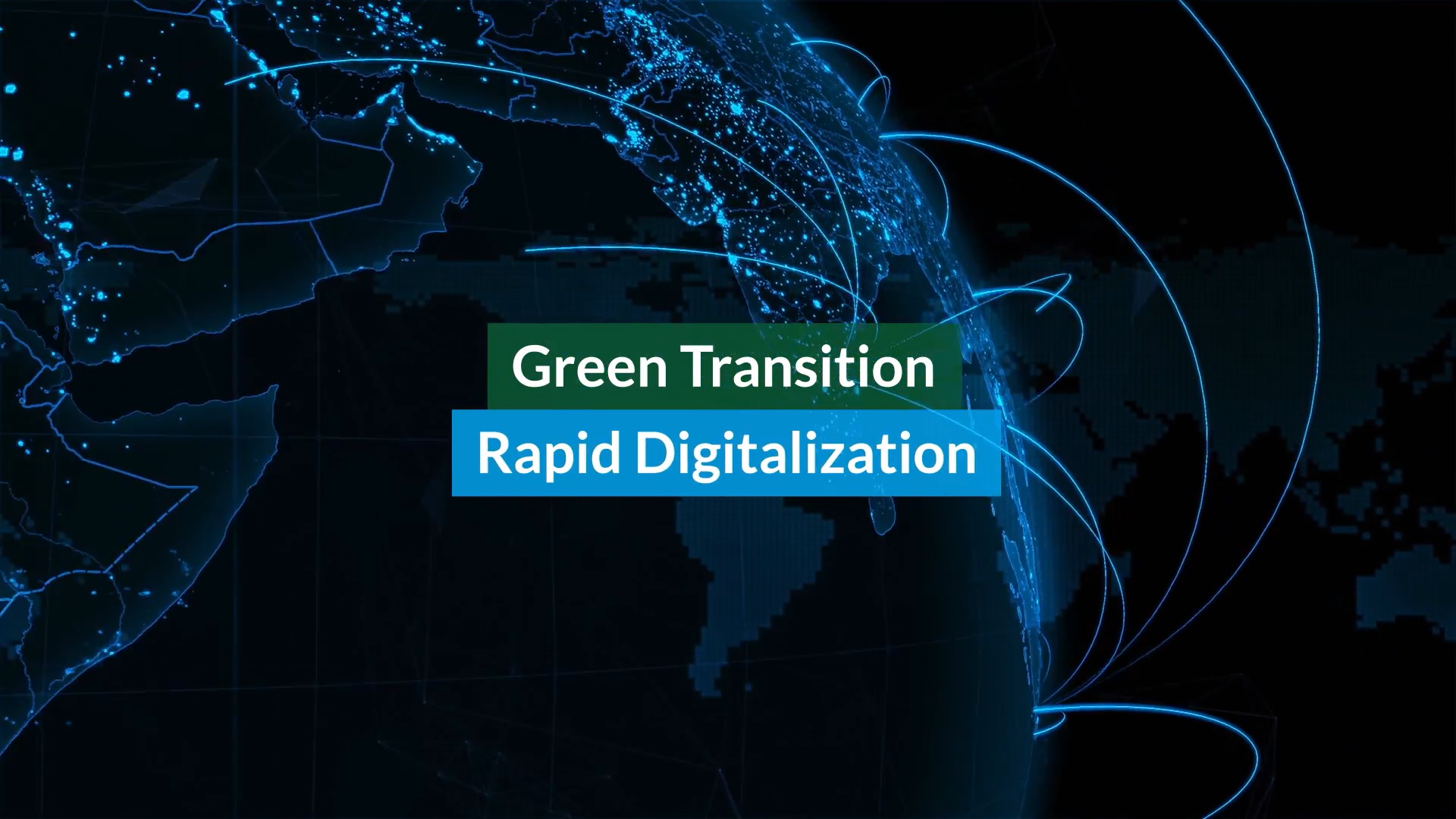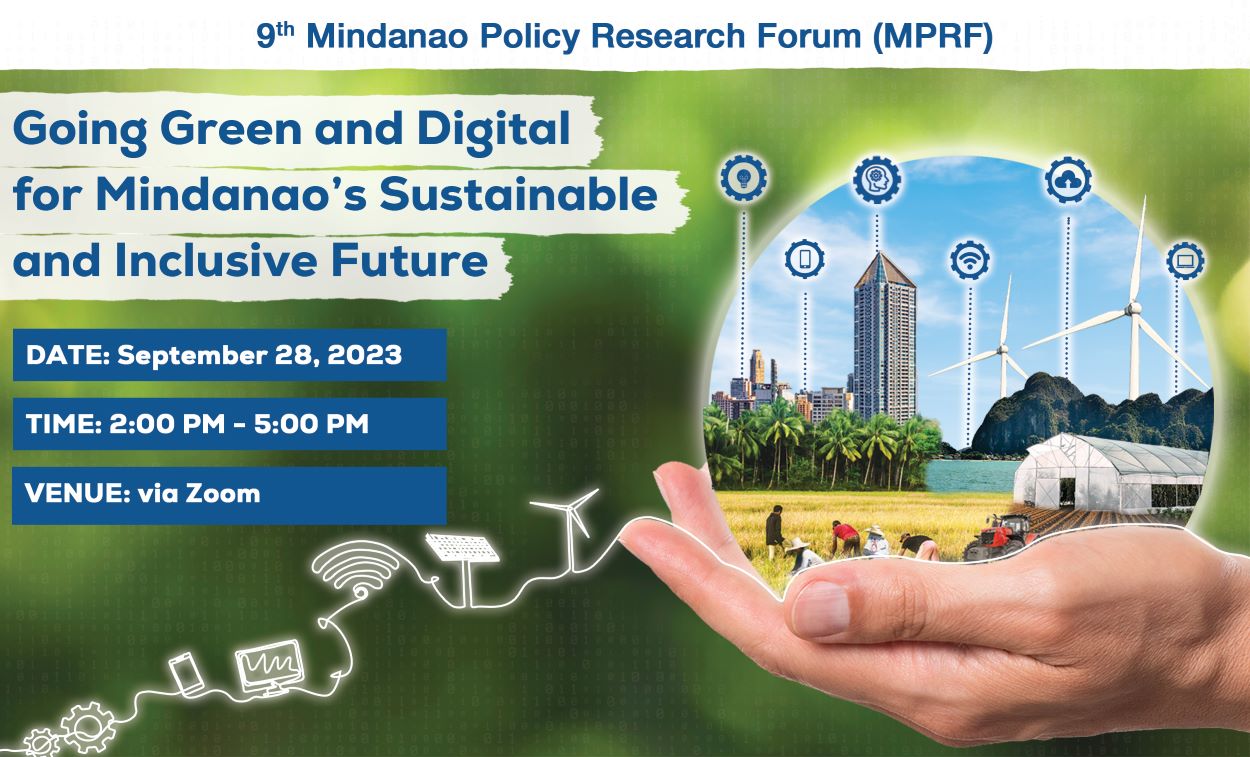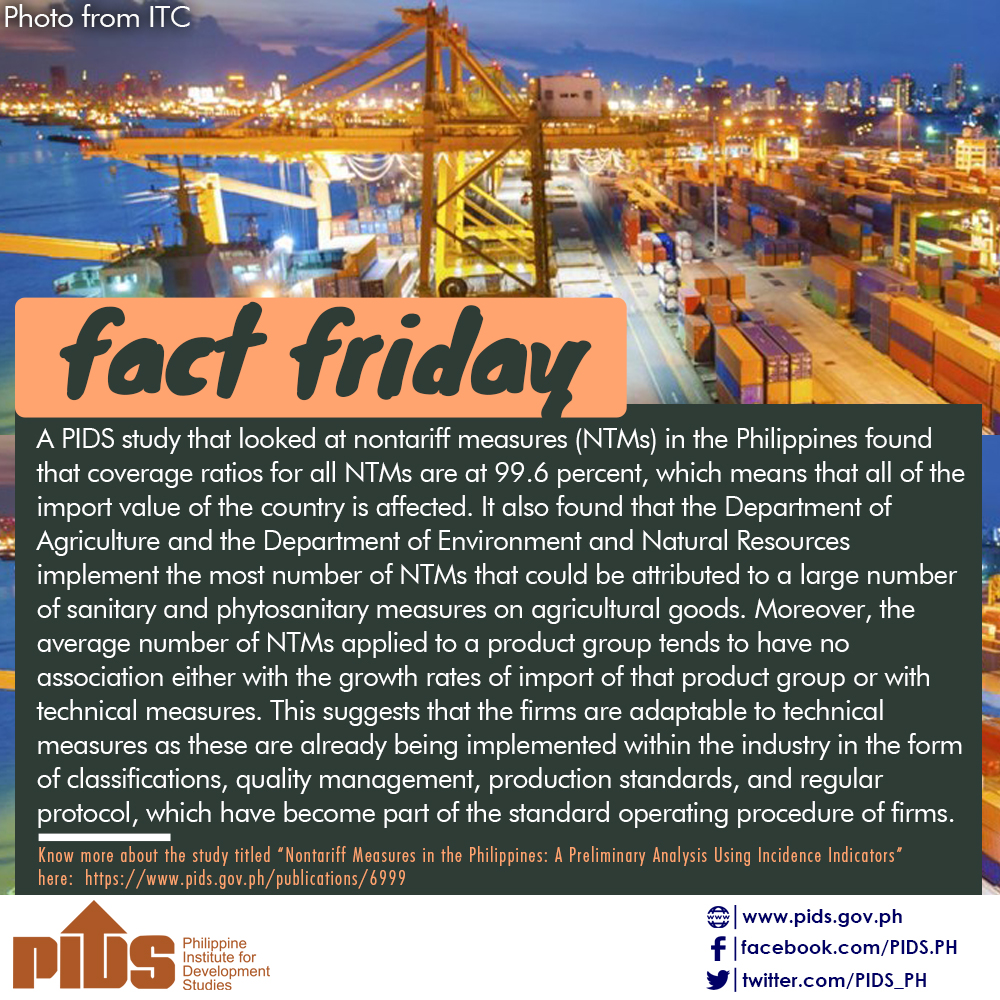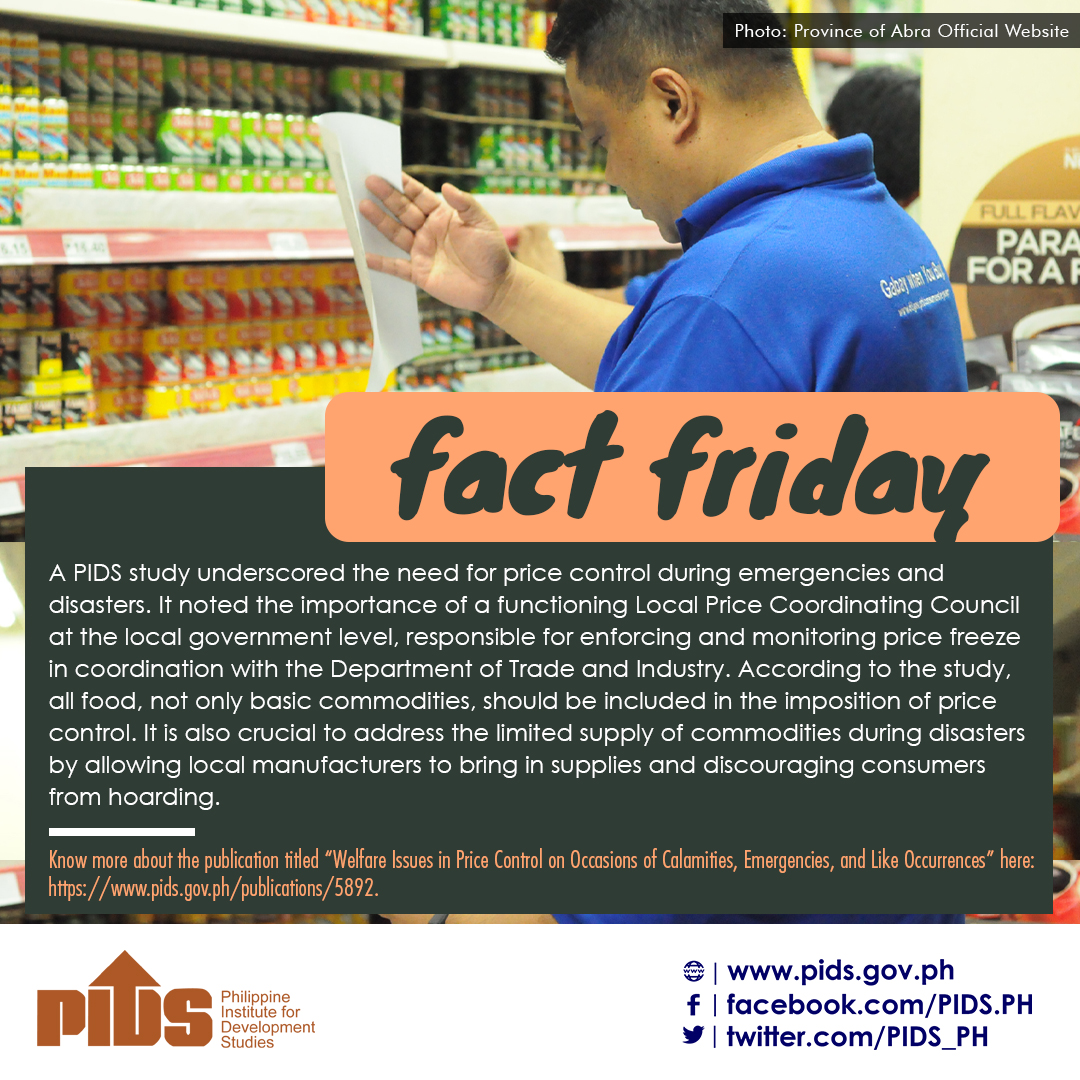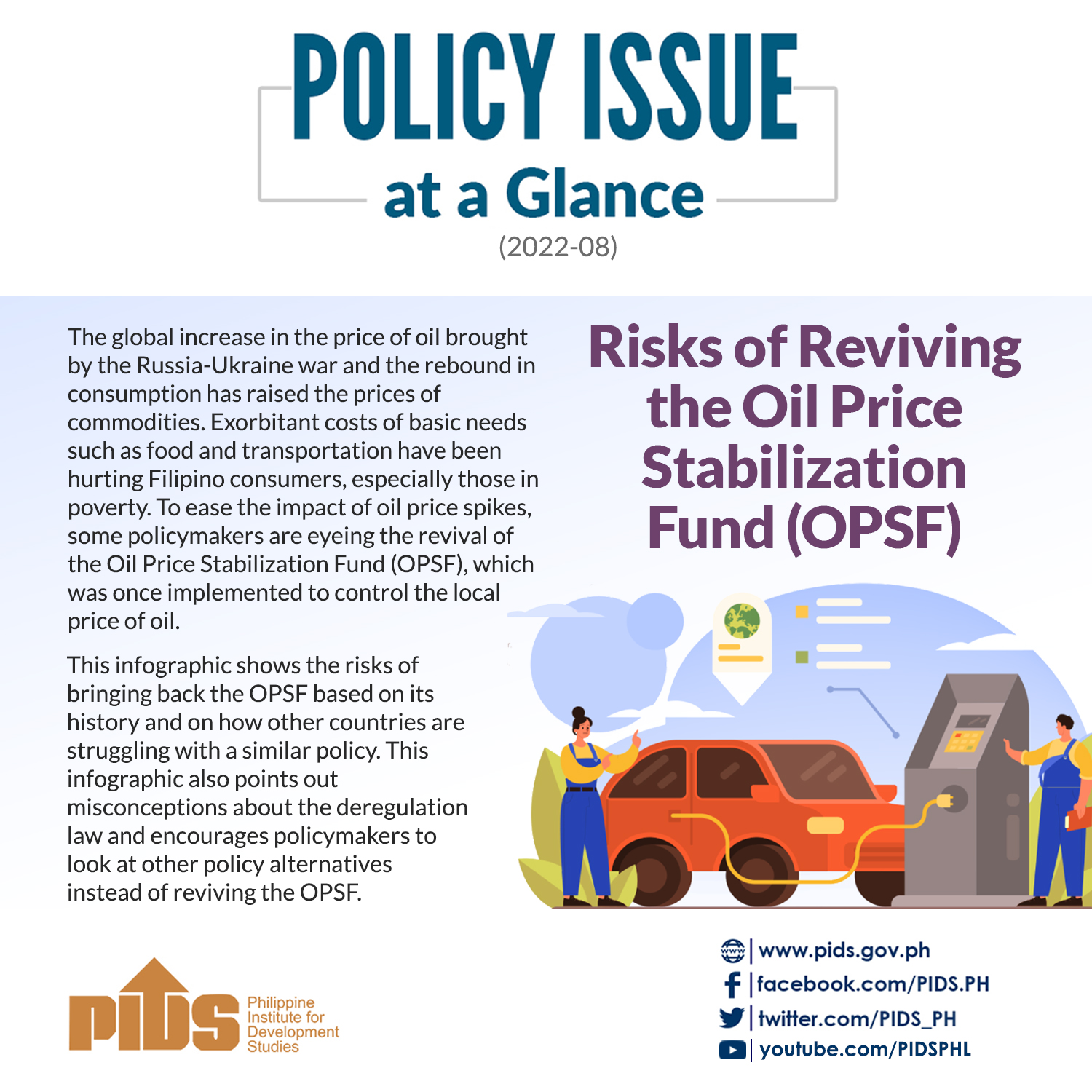Filipinos must brace for a third straight week of increases in the pump prices of petroleum products, with diesel seen to rise to as much as P2.30 a liter and gasoline moving up P0.50 a liter, industry sources said Friday.
Based on oil trading monitoring from June 13 to 16, sources told the Standard local oil firms would adjust the price of diesel per liter by at least P2.00 and gasoline by a minimum of 20 centavos by Tuesday next week.
Last Tuesday, fuel firms hiked gasoline prices by P2.15 per liter and diesel by P4.30 per liter. This brought the year-to-date adjustments at a net increase of P28.70 per liter for gasoline and P41.15 per liter for diesel.
Oil Industry Management Bureau director Rino Abad of the Department of Energy said the possible price increase is tempered “most likely due to (the COVID-19) China lockdown.”
“But it did not cause a rollback, so we still expect increase next week but amounts are relatively smaller compared to last week,” Abad said.
He added that the European Union ban on Russian oil imports triggered by the latter’s war with Ukraine is still causing fuel prices to rise.
Oil companies usually announce fuel price adjustments every Monday, to be implemented the following day.
On Tuesday, June 7, oil firms implemented price hikes of P6.55 per liter for diesel, P2.70 per liter for gasoline, and P5.45 per liter for kerosene.
This prompted the government to approve a provisional P1 increase of the minimum fare for public utility jeepneys in Metro Manila and Regions 3 and 4, raising it to P10, even as the Department of Energy said there was no relief in sight from the constant increases.
But amid talk the incoming Marcos administration would revive the Oil Price Stabilization Fund (OPSF) to shield consumers from wild fluctuations in the price of fuel, one industry group said it would oppose such moves.
“We maintain that the government’s money is better spent elsewhere in delivering essential services,” Philippine Institute of Petroleum (PIP) executive director Raffy Capinpin said during a webinar organized by the Philippine Institute of Development Studies (PIDS) on the risks of reviving the OPSF.
Filipinos must brace for a third straight week of increases in the pump prices of petroleum products, with diesel seen to rise to as much as P2.30 a liter and gasoline moving up P0.50 a liter, industry sources said Friday.
Based on oil trading monitoring from June 13 to 16, sources told the Standard local oil firms would adjust the price of diesel per liter by at least P2.00 and gasoline by a minimum of 20 centavos by Tuesday next week.
Last Tuesday, fuel firms hiked gasoline prices by P2.15 per liter and diesel by P4.30 per liter. This brought the year-to-date adjustments at a net increase of P28.70 per liter for gasoline and P41.15 per liter for diesel.
Oil Industry Management Bureau director Rino Abad of the Department of Energy said the possible price increase is tempered “most likely due to (the COVID-19) China lockdown.”
“But it did not cause a rollback, so we still expect increase next week but amounts are relatively smaller compared to last week,” Abad said.
He added that the European Union ban on Russian oil imports triggered by the latter’s war with Ukraine is still causing fuel prices to rise.
Oil companies usually announce fuel price adjustments every Monday, to be implemented the following day.
On Tuesday, June 7, oil firms implemented price hikes of P6.55 per liter for diesel, P2.70 per liter for gasoline, and P5.45 per liter for kerosene.
This prompted the government to approve a provisional P1 increase of the minimum fare for public utility jeepneys in Metro Manila and Regions 3 and 4, raising it to P10, even as the Department of Energy said there was no relief in sight from the constant increases.
But amid talk the incoming Marcos administration would revive the Oil Price Stabilization Fund (OPSF) to shield consumers from wild fluctuations in the price of fuel, one industry group said it would oppose such moves.
“We maintain that the government’s money is better spent elsewhere in delivering essential services,” Philippine Institute of Petroleum (PIP) executive director Raffy Capinpin said during a webinar organized by the Philippine Institute of Development Studies (PIDS) on the risks of reviving the OPSF.

